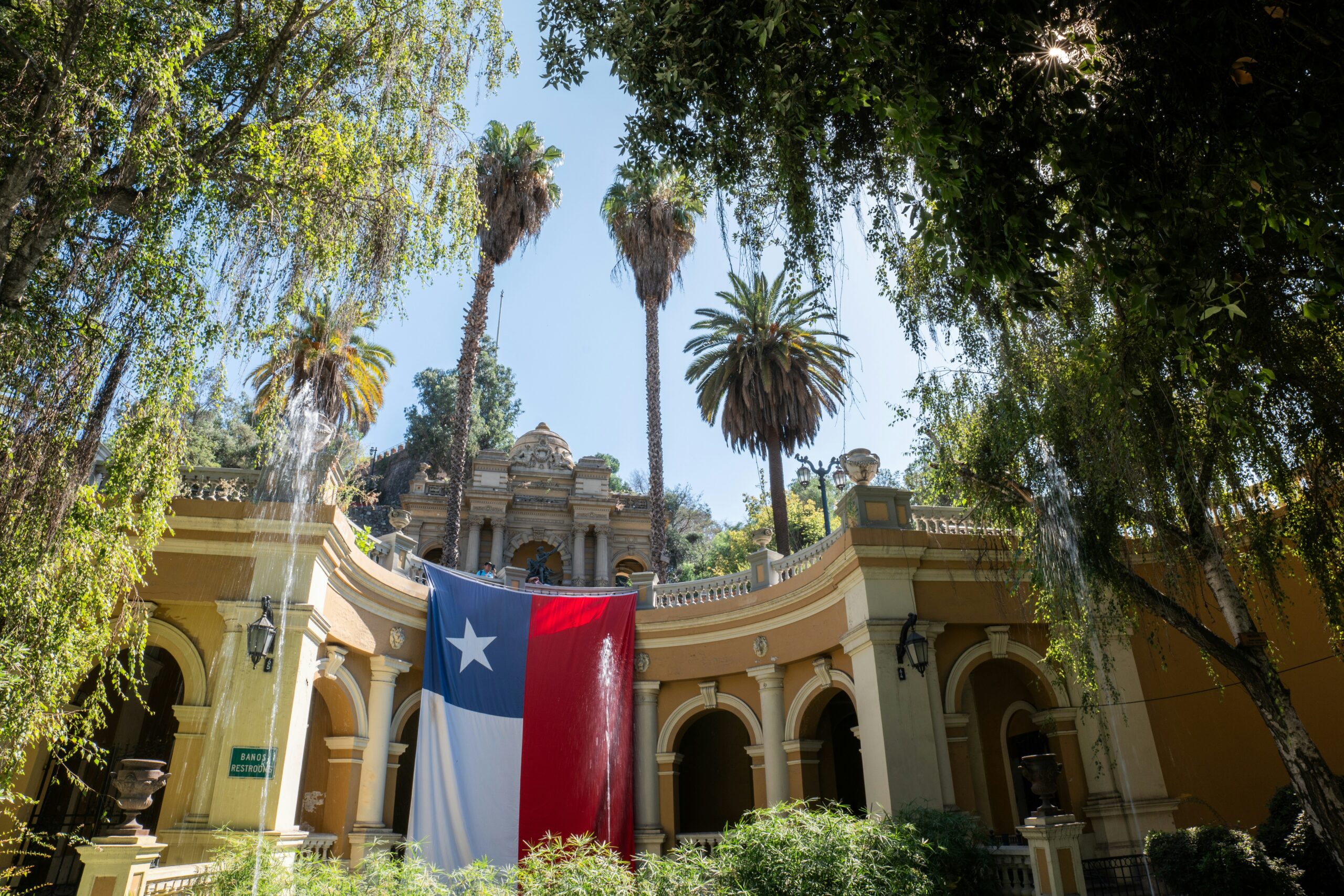
California Governor Gavin Newsom has announced a new redistricting initiative aimed at countering recent Republican efforts in Texas, setting the stage for a high-stakes political showdown as the 2026 midterm elections approach. This move intensifies the growing political feud between Newsom and President Donald Trump, spotlighting the strategic maneuvers both parties are employing to gain electoral advantages.
Key Facts
- Newsom has proposed a partisan redistricting plan that may favor Democrats in future elections, potentially adding five new Democratic seats.
- The plan will be put to a vote in a special election on November 4, allowing Californian voters to decide its fate.
- This initiative is a direct response to a similar Republican-led effort in Texas aimed at securing additional seats for the GOP.
- Newsom’s announcement came amid a backdrop of political tension, including a recent deployment of the National Guard in Los Angeles by Trump, escalating the conflict between the state and federal leadership.
Background
Redistricting, the process of redrawing electoral district boundaries, is a powerful tool that can significantly impact political representation. Both California and Texas are key battlegrounds in this strategic endeavor, with each state’s efforts potentially influencing the balance of power in Congress. The timing of these initiatives is crucial as they precede the 2026 midterm elections, where control of Congress could be at stake.
What We Know
Newsom’s combative stance at a recent news conference highlights the escalating tensions between the Democratic-led state of California and the Trump administration. By adopting the term ‘liberation day’—previously used by Trump in a different context—Newsom is signaling a robust counter-strategy against Republican tactics. Moreover, the presence of immigration enforcement agents at the venue, described by Newsom as an intimidation tactic, underscores the fraught atmosphere.
The proposed redistricting plan by Newsom is set to be a key issue in the upcoming special election, with its approval depending on the voter turnout and political climate at the time. The plan’s approval is contingent upon similar moves by Texas and possibly other states, linking California’s political strategy to national dynamics.
Official Reactions
Newsom’s remarks during the news conference were clear and pointed. He directly challenged President Trump, stating, “Donald Trump, you have poked the bear, and we will punch back.” This rhetoric not only reflects the personal animosity between the two leaders but also encapsulates the broader strategy of the Democratic Party to actively counter Republican initiatives that they perceive as undermining democratic norms.
What’s Next
The political landscape is set for a turbulent period leading up to the 2026 elections. The outcomes of the proposed redistricting plans in California and Texas will likely have far-reaching implications for national politics. As both parties gear up for more such battles, the focus will be on voter reactions to these strategic moves and their impact on future electoral outcomes. Meanwhile, the Democratic Party, under Newsom’s urging, is poised to adopt a more confrontational stance against what they see as aggressive Republican tactics.


